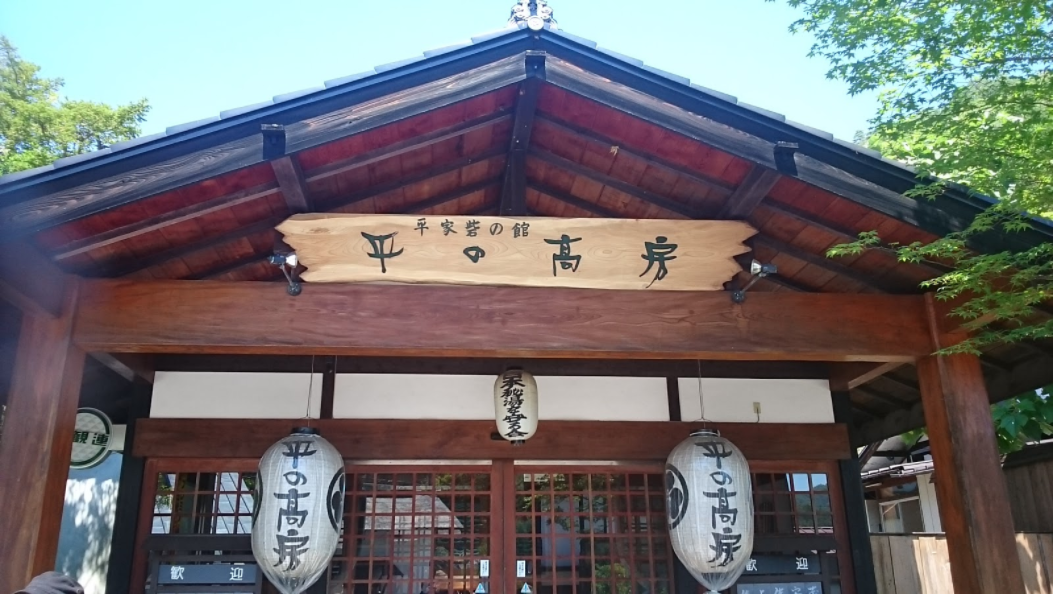The hot spring or onsen as it is called in Japanese is naturally hot water warmed by geothermal phenomena. With the Japan trench formed by the collision of two plates of the earth’s crust right beside the country, there is a lot of seismic and geothermal activity in Japan. Simply put there are hot springs all over the place! Wherever in Japan you go you can be certain that there will be a Japanese hotel, called a ryokan, with an onsen in its facilities.
An Onsen for Everyone
An onsen is a small pool of hot water with varying amounts of different minerals said to be good for the skin. Every onsen is a bit different than the other: different color on the water, good smell, bad smell, warmer, colder, bigger, smaller, etc. There is an onsen for everyone. Usually there is a dividing wall between the men’s area and the women’s area, and one is supposed to enter the water calmy. But there are places with mixed baths, baths that require swimming wear and other types of baths though somewhat rare. There are special hot springs that have different type of cuisine tied to them like hot spring eggs and there are hot springs with different things mixed into them to make the bath a bit more exciting like a green tea hot spring. It would be exciting and a handful, to say the least, to try out all the different variations of hot springs in Japan.

The Japanese Inn
It is difficult to discuss a Japanese hot spring without mentioning ryokans. A ryokan is a Japanese style hotel often facilitates these hot springs. In the picture above is the entrance to a ryokan located not far from a place called Nikko. A ryokan often has somewhat of a more classical Japanese design and in a lot of cases only provide “Japanese style rooms” which require you to sit on a pillow and sleep on a mattress upon tatami (rice straw mat) flooring. If you do not have any problems with parts of your lower body, it could be interesting to try one of those rooms out; they aren’t as bad as they might sound.
In a ryokan there is in many cases a small store where you can buy local souvenirs and other things to bring back with you from your relaxing trip. Apart from an onsen there is usually some other spa facilities in the ryokan too; some even have a small game center or karaoke bar in them. Ryokans are meant for people that want to have a relaxing but yet exciting small trip to a not too well-known area of Japan. The food provided in these ryokans also tend to be of Japanese style, though this varies hugely depending on where you go. A classical Japanese meal has a main dish such as cooked fish together with a bowl of fresh white rice on the side and a cup of miso soup often garnished in the local style. Some ryokans serve somewhat western inspired meals though with large chunks of meat but that is most often just the main dish being switched out and there is still a very Japanese vibe over these too.
Recommendation: Hakone
If you ever visit Tokyo, there is a very famous place for ryokans and onsens called Hakone. In Hakone you can find many kinds of hot springs and there are small accumulations of ryokans making up towns that you can visit. There are several small towns in Hakone, but the two most famous ones are Yumoto and Gora. Yumoto is a small market town filled with ryokan with a river coursing through the middle of the town. Gora is a small town of hotels and ryokans on top of a mountain that emanates calm, with fresh air filling your lungs as you have a relaxing dip in one of the town’s many onsens. Both of them very good spots to look for your first proper hot spring bath.
The hot spring and everything around it is very important both traditionally and now to the culture of Japan. The experience of visiting one is a brilliant example of how good Japanese service is, as well as how the Japanese house might feel like. Young and old Japanese alike travel to these places of comfort to enjoy their days off with family and friends. The ryokan has an atmosphere about it that is difficult to find outside of Japan and there is just one way to understand the weight of that statement: to visit the land of the rising sun, Japan.
By TalentHub
?Read more TalentHub blogs: https://talenthub.jp/blog/









